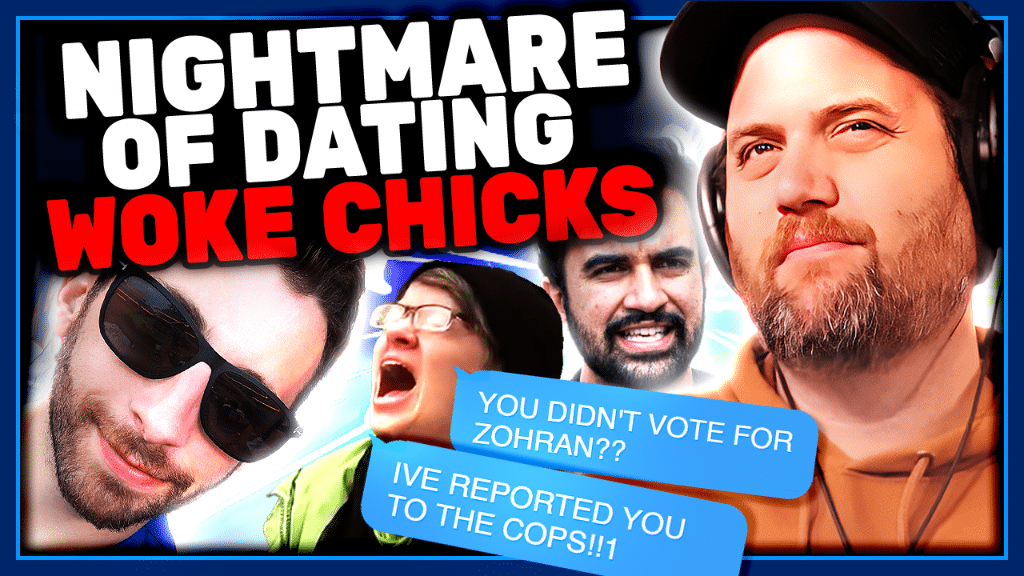The fields of the national discourse are everywhere polluted with falsity, lies and propaganda, we are told, and in the absence of a functioning regulatory state to appeal to, culture is called upon to clean up the mess.
The cycle is by now familiar: A private company — usually a tech company with a market capitalization in the tens or hundreds of billions — lends a provocateur a microphone, and sometimes a paycheck to boot. (In an attention economy, the distinction between the two can prove elusive.) The provocateur goes on to amplify claims that are inaccurate, inflammatory, even harmful. Objectors call for the provocateur’s microphone to be taken away, which invariably invites accusations of “censorship,” “illiberalism” and, of course, “cancel culture.”
The embattled speaker of the week is Joe Rogan, the host of the world’s most popular podcast. A few weeks ago, 270 doctors, physicians and science educators signed an open letter calling on Spotify, with whom Rogan has a $100 million contract, to “establish a clear and public policy to moderate misinformation” after Rogan broadcast false and misleading claims about Covid and coronavirus vaccines. Soon after, artists no less iconic than Joni Mitchell and Neil Young announced they would be withdrawing their music from Spotify because of its association with Rogan.
What does the furor over Rogan suggest about the merits and flaws of pressuring tech platforms to combat misinformation? How should a company balance the values of free speech and public health when one of its biggest moneymakers puts them in tension? Here’s what people are saying.













